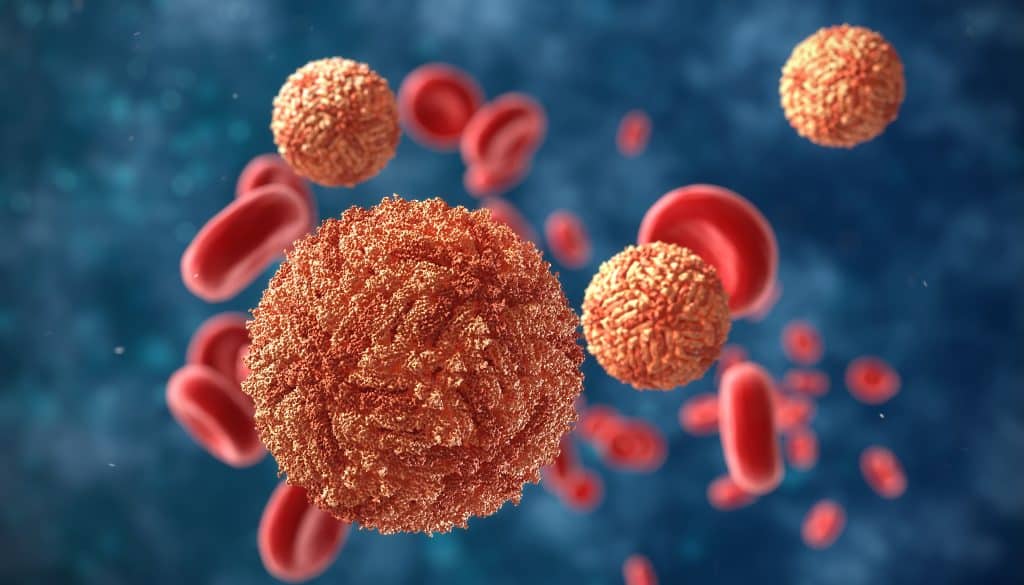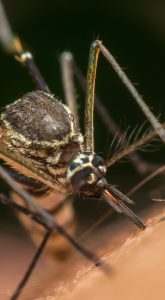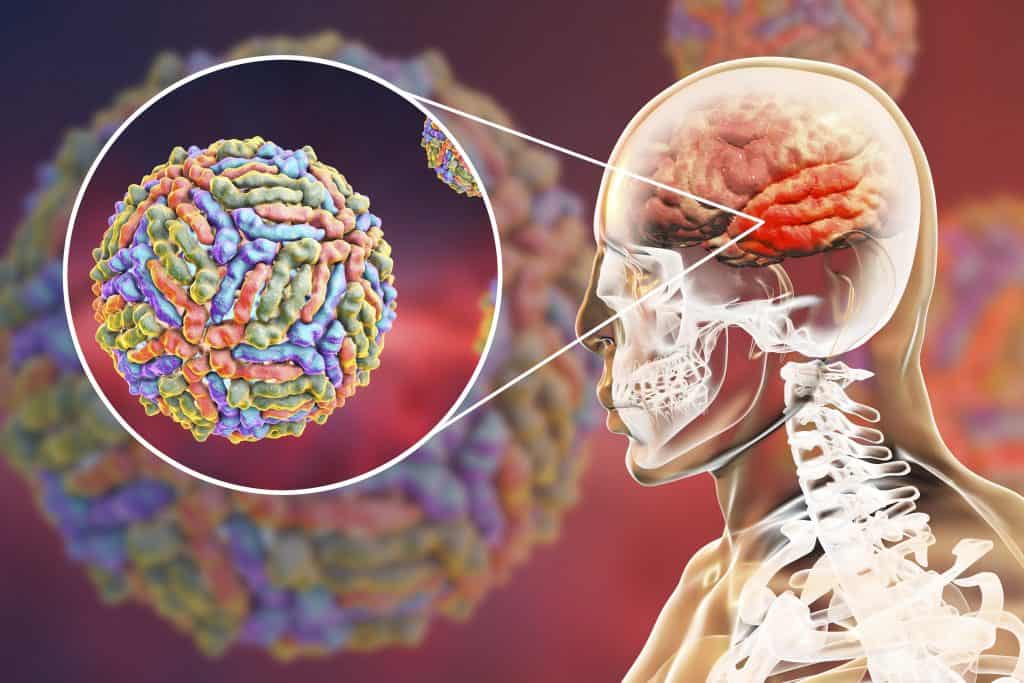
Mosquito Management & Prevention
Did you know that Wisconsin is home to 56 species of mosquitoes? Many of them don’t actually bite people – they prefer amphibians or larger mammals like deer. However, the species that do bite humans can be incredibly annoying, and can keep you from fully enjoying your yard during the warmest months of the year. While most of Wisconsin’s mosquito species tend to attack at dusk and dawn, conditions around your home and yard can promote their activity all day long, dramatically limiting the enjoyment of your outdoor spaces.
In addition to being incredibly bothersome, mosquitoes also pose a significant health threat due to diseases they can carry, including Zika virus, West Nile virus, and La Crosse Encephalitis. These harmful diseases can be transmitted to family members and pets by a single mosquito bite, which is why mosquito management and prevention is so important!

Terminator Mosquito Management & Prevention Program
Ready to take back your yard from those pesky mosquitoes? Terminator Pest Control’s Mosquito Management and Prevention Program kills mosquitoes for up to 21 days following treatment, as long as the product has not been removed. Our treatment kills adult mosquitoes immediately, and continues to kill any mosquitoes that come in contact with treated foliage for up to three weeks.
While we cannot offer 100% protection from every mosquito, you should notice an enormous reduction of the mosquito population in your treated outdoor area. Terminator Pest Control’s licensed and certified technicians also provide tips to help reduce mosquitoes around your home and property to further enhance the effectiveness of our treatment program.
Zika Virus
Aedes albopictus, a species of mosquito capable of transmitting Zika virus, was found in Wisconsin in 2017. However, there is currently no evidence of Zika-infected mosquitoes or local transmission of Zika virus in the state of Wisconsin. To date, the only Wisconsin residents at risk of contracting Zika virus are those who have traveled to – or had sexual contact with someone who has traveled to – locations with active Zika virus transmission.

Transmission
Zika virus is primarily spread through the bite of an infected mosquito, but can also be transmitted through sexual contact, and from mother to child. If you believe you may be infected with Zika, use mosquito repellent for the first week of your illness, as Zika can pass from an infected person to a mosquito, and an infected mosquito can then spread the virus to others.
Symptoms
Many people infected with Zika virus don’t know they have the disease because they don’t exhibit symptoms, or the symptoms are too mild to require medical care. Deaths from Zika are incredibly rare.
The most common symptoms of Zika virus are fever, rash, joint pain, or conjunctivitis (red eyes). Other common symptoms include muscle pain and headache. Symptoms may last for several days up to a week after being bitten by an infected mosquito.
Treatment
See your healthcare provider if you are pregnant and develop a fever, rash, joint pain, or red eyes within two weeks of traveling – or your sexual partner traveling – to a place where Zika virus has been reported. Be sure to tell your health care provider where you – or your sexual partner – traveled.
There is no vaccine to prevent Zika virus, and no medicine to treat it, so you can only treat the symptoms of the virus:
- Get plenty of rest.
- Drink fluids to prevent dehydration.
- Take medicine such as acetaminophen or paracetamol to reduce fever and pain.
- Do not take aspirin and other non-steroidal anti-inflammatory drugs (NSAIDS) until dengue has been ruled out to reduce the risk of bleeding.
- If you are taking medicine for another medical condition, talk to your healthcare provider before taking additional medication.
- To prevent spreading the virus, use mosquito repellent for the first week of your illness, as Zika can pass from an infected person to a mosquito, and an infected mosquito can then spread the virus to other people.
Prevention
• Avoid travel to countries with active Zika virus transmission.
• Use insect repellents containing DEET, picaridin, OLE or IR3535.
• Wear clothing treated with a repellent like permethrin.
• Wear long-sleeved shirts and long pants to cover exposed skin.
• Stay and sleep in screened or air conditioned rooms.

For more information on Zika virus, visit: https://www.cdc.gov/zika/index.html
For the latest data on Wisconsin Travel-Related Zika virus cases, visit: https://www.dhs.wisconsin.gov/zika/index.htm
West Nile Virus
West Nile virus (WNV) is an arbovirus that is transmitted through the bite of an infected mosquito. WNV is widespread in Africa, southern Europe, the Middle East, and western Asia. It first appeared in the eastern United States in 1999. In North America, cases of WNV occur during mosquito season, which starts in early summer and continues through the fall. WNV cases have now been reported in all of the continental United States. The first human cases of WNV in Wisconsin appeared in 2002, though few mosquitoes actually carry the virus.

Transmission
West Nile virus (WNV) is most commonly spread through the bite of an infected mosquito. In nature, mosquitoes become infected with WNV by feeding on infected birds and can transmit the virus to other animals, birds and humans. You can report dead birds found near your home to the Dead Bird Reporting Hotline: 800-433-1610. In a very small number of cases, West Nile virus has been spread through exposure in a laboratory setting, blood transfusion and organ donation, and from mother to baby (during pregnancy, delivery, or breast feeding).
Symptoms
An estimated 80% of people infected by West Nile Virus (WNV) never experience symptoms. Most of the remaining 20% experience relatively mild symptoms, such as fever, headache, muscle aches, skin rash, swollen lymph nodes, and photophobia (sensitivity to light). Less than 1% of people infected with WNV become seriously – and in rare cases, fatally – ill. Severe symptoms include sudden onset of high fever, neck stiffness, extreme muscle weakness, tremors, convulsions, or disorientation.
Treatment
See or speak with your healthcare provider if you or a family member develop any of the symptoms described at left
There is no vaccine to prevent WNV, and no medication to treat it, so you can only treat the symptoms of the virus. Over-the-counter pain relievers can be used to reduce fever and relieve some symptoms. In severe cases, patients may require hospitalization to receive supportive treatment, such as intravenous fluids, pain medication, and nursing care.
Prevention
- Use effective mosquito repellant and apply according to the label instructions.
- Wear long-sleeved shirts, long pants, socks, and shoes.
- Mosquitoes may bite through thin clothing, so spraying clothes with a repellent containing permethrin or DEET will give extra protection. These repellants are the most effective and most studied.
- Avoid being outside during times of high mosquito activity, specifically around dawn and dusk.
- Keep window screens repaired so that mosquitoes cannot enter your home.
- Dispose of discarded tires, cans, or plastic containers left outside that may contain standing water.
- Drain standing water from pool or hot tub covers.
- Turn over plastic wading pools and wheelbarrows when not in use.
- Change the water in bird baths, pet dishes and wading pools every 3-4 days.
- Keep drains, ditches and culverts clean of trash and weeds so water will drain properly.
- Clean gutters to ensure they drain properly.
For more information on West Nile virus, visit: https://www.cdc.gov/westnile/index.html
For the latest data on reported and confirmed cases of West Nile Virus and WNV activity in Wisconsin, visit Wisconsin Department of Health Services:
https://www.dhs.wisconsin.gov/mosquito/wnv-data.htm
To report
dead birds found near your home to the Dead Bird Reporting Hotline,
call: 800-433-1610
What Customers Are Saying About Terminator Pest Control:
“Terminator responded quickly to my call and explained in detail how they would solve the problem. Sent a very professional/friendly representative to complete the job. The owner assured me if the problem was not resolved in one visit that he would return at no cost. Very thorough and honest! Home was RID of FLEAS in one visit! Very happy customer! :)”
“The provider was very friendly and they were there at the time specified. I was very pleased with their service and would definitely use them again.”
“Mark answered all questions and concerns, he was awesome! The office also called to see how things we going. They are very professional and would recommend them to anyone.”
“Kyle was on time, did an excellent job and we have used them since 2003. We moved 1 hour away from him and he drove up to take care of us and will come back to keep up the outside.”
Terminator Pest Control’s Bed Bug Heat Treatment is the most efficient and effective way to get rid of bed bugs once and for all – often in just one treatment.
Most people prefer pests stay outside their homes, which is why Terminator Pest Control’s Gold and Platinum Pest Protection Plans are so popular.
At Terminator, we know that pest problems aren’t just bad for customer and employee health and safety; they’re also bad for business.
Contact Us
Questions? Comments? Want a free quote for your pest problem? Fill out this form and we’ll get back to you as soon as possible.





